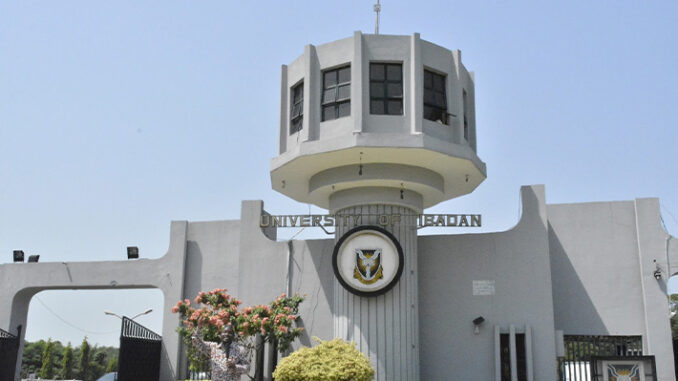In response to ongoing student protests against recent tuition fee increases, the management of the University of Ibadan (UI) has announced a three-week break for all students. The decision, revealed in an internal memo by the university’s registrar, Ganiyu Saliu, was made public on Saturday.
The break, which begins immediately and will run until September 20, 2024, was sanctioned by the Vice-Chancellor, Professor Kayode Adebowale, following a meeting between the university’s management and the Students’ Union on Friday.
According to Mr. Saliu, this interval will not only allow tensions to ease but also provide students with ample time to finalize their online registrations for the 2023/2024 academic session. The first semester examinations are scheduled to commence on September 23, with the registration portal set to close on September 20.
The registrar made it clear that the deadline for fee payment and course registration will be strictly enforced, with no further extensions. “Students who fail to complete their registration by the stipulated date will be barred from participating in the upcoming examinations,” he emphasized.
In line with the university’s directives, all students have been instructed to vacate the campus by 2:00 p.m. on Saturday. The halls of residence are slated to reopen at noon on September 20, giving students sufficient time to return before the start of exams.
The protests, which began on Thursday, were sparked by the university’s decision to increase fees, a move that was approved by the institution’s Senate and later endorsed by its governing council. The council, under the chairmanship of Adebisi Akande, reviewed and ratified the new fee structure during its inaugural meeting.
While expressing sympathy for the students’ concerns, the council justified the fee hike as a necessary adjustment in light of prevailing economic conditions and the university’s commitment to maintaining high standards in education and research.

To alleviate the financial burden, the council encouraged students to explore financial aid options, including the Nigerian Education Loan Fund (NELFUND) and various scholarships provided by the university and philanthropic organizations.
This break is seen as a critical period for both the students and the university to reassess the situation and move forward in a manner that supports the institution’s educational mission while addressing the legitimate concerns of the student body.

